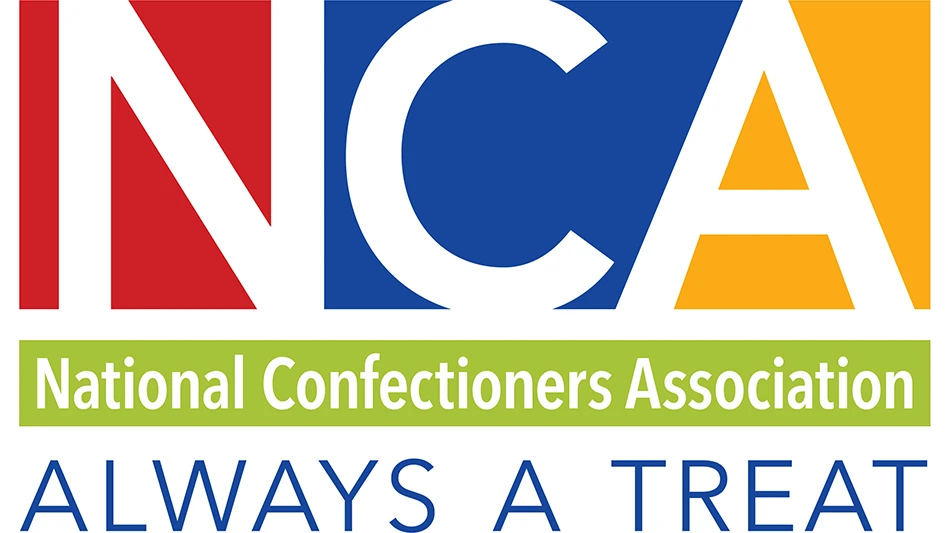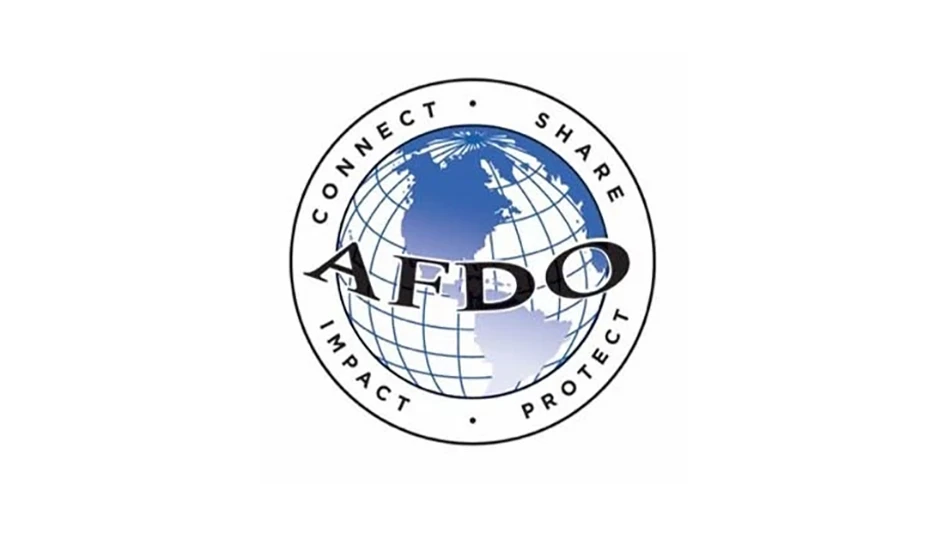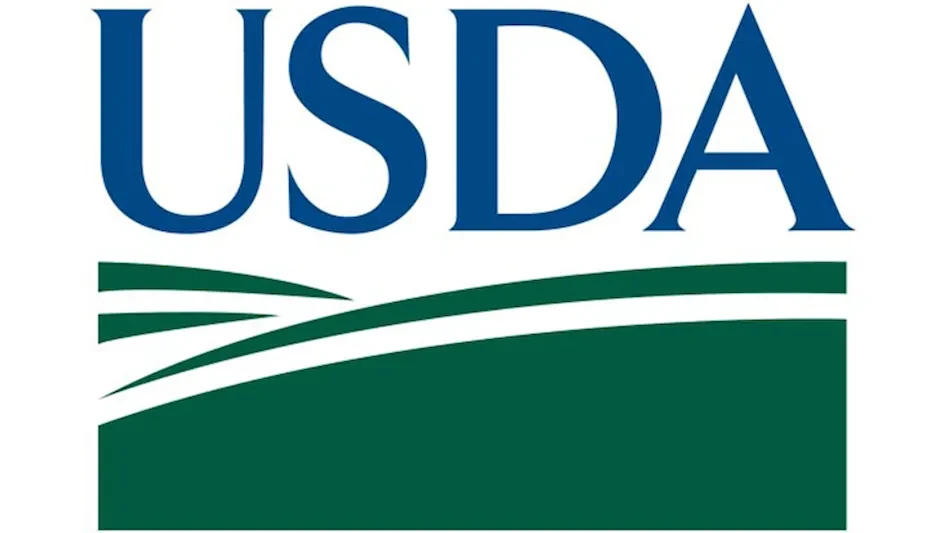
Photo courtesy National Confectioners Association
WASHINGTON, D.C. — The National Confectioners Association is taking a stand against pending state-level proposals aimed at banning several food additives.
"Some states are proposing to dismantle our well-developed national food safety system in an emotionally driven campaign that lacks scientific backing," said John Downs, NCA's president and CEO. "FDA needs to assert its authority as the rightful national regulatory decision maker and leader in food safety. It's time to stop pretending that consumer magazine publishers and state legislators have the scientific expertise and qualifications to make these very important determinations."
Following California's adoption of a food additive ban of brominated vegetable oil, potassium bromate, propyl paraben and Red Dye No. 3 in fall 2023, Illinois, New York and Pennsylvania are currently considering similar proposals. Indiana, Maryland, South Dakota, Washington, and West Virginia rejected similar bills. In the same vein, Kentucky legislators recently passed a resolution acknowledging that food safety decisions should be based in fact and driven by those with regulatory expertise.
"Usurping FDA's authority does nothing but create a state-by-state patchwork of inconsistent state requirements that increase food costs, create confusion around food safety and erode consumer confidence in our food supply," Downs said. "FDA and regulatory bodies around the world have deemed our products safe. We are in firm agreement that science-based evaluation of food additives is needed — and we follow and will continue to follow regulatory guidance from the authorities in this space, because consumer safety is our chief responsibility and priority."
Latest from Quality Assurance & Food Safety
- IDFA Presents Leadership Award to Six Federal Officials at Annual Celebration of Dairy Reception
- Seeding The Future Global Food System Challenge is Changing Lives: Winners Reflections
- Raw Farm Products Recalled Following Bird Flu Virus Detections
- FDA Issues 2024 Voluntary National Retail Food Regulatory Program Standards
- GSA Launches Assurances Platform, Prism and Webinar Series in Partnership with Wholechain
- Multistate E. coli Outbreak Linked to Iceberg and Romaine Lettuce Blend
- FDA, USDA Seek Information About Food Date Labeling
- William Marler, Food Safety Advocate and Lawyer, Condemns Lack of Safety of U.S. Food Supply





